Thought is the labor of the intellect, reverie is its pleasure
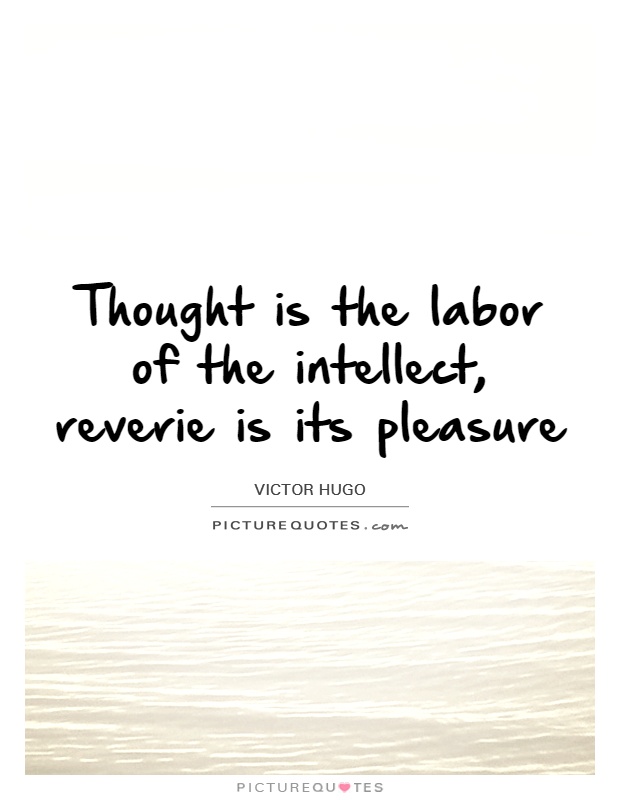
Thought is the labor of the intellect, reverie is its pleasure
Victor Hugo, the renowned French poet, novelist, and playwright, was a master of capturing the complexities of the human mind and soul in his works. One of his most famous quotes, "Thought is the labor of the intellect, reverie is its pleasure," perfectly encapsulates his understanding of the creative process and the inner workings of the human psyche.Hugo believed that the act of thinking, of engaging with ideas and concepts, was a form of labor that required effort and concentration. This labor of the intellect was essential for the development of new ideas, the exploration of complex themes, and the creation of art that could resonate with audiences on a deep and profound level. For Hugo, thought was the foundation of all intellectual pursuits, the driving force behind creativity and innovation.
However, Hugo also recognized the importance of reverie, of allowing the mind to wander and dream freely. In contrast to the laborious process of thought, reverie was a source of pleasure, a way to escape the constraints of reality and tap into the boundless realm of imagination. In reverie, the intellect could roam freely, exploring new possibilities, envisioning new worlds, and experiencing the joy of creative freedom.
For Hugo, the balance between thought and reverie was essential for the creative process. While thought provided the structure and discipline necessary for intellectual labor, reverie offered the inspiration and spontaneity that fueled the creative spark. By embracing both the labor of the intellect and the pleasure of reverie, Hugo was able to produce works of art that were both intellectually stimulating and emotionally resonant.
In his novels such as "Les Misérables" and "The Hunchback of Notre-Dame," Hugo delved deep into the complexities of human nature, exploring themes of love, justice, and redemption with a keen intellect and a vivid imagination. Through his characters and their struggles, Hugo invited readers to engage in the labor of thought, to grapple with profound moral and philosophical questions, while also allowing them to revel in the pleasure of reverie, to lose themselves in the beauty and wonder of his storytelling.

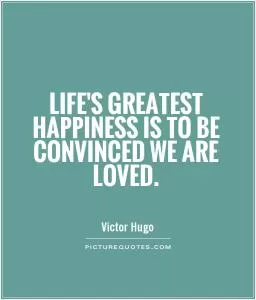
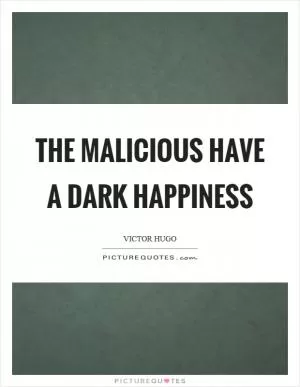
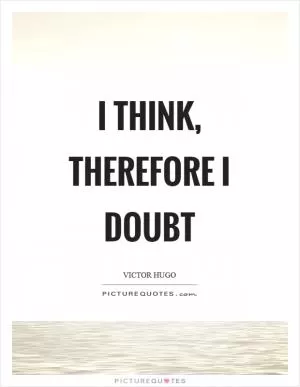
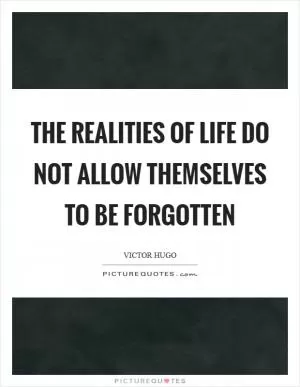
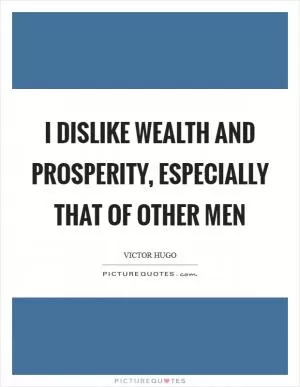
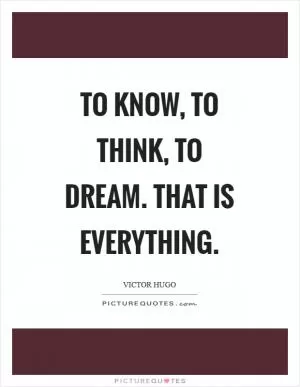

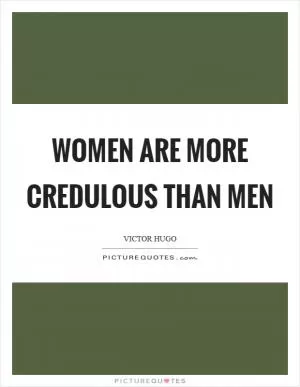

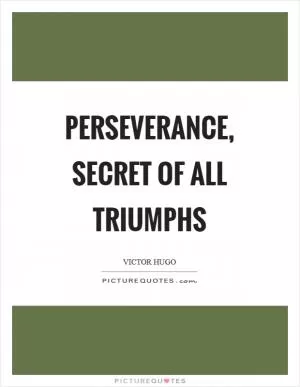
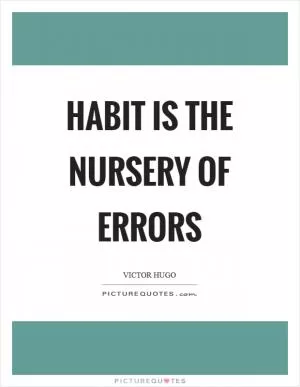
 Friendship Quotes
Friendship Quotes Love Quotes
Love Quotes Life Quotes
Life Quotes Funny Quotes
Funny Quotes Motivational Quotes
Motivational Quotes Inspirational Quotes
Inspirational Quotes